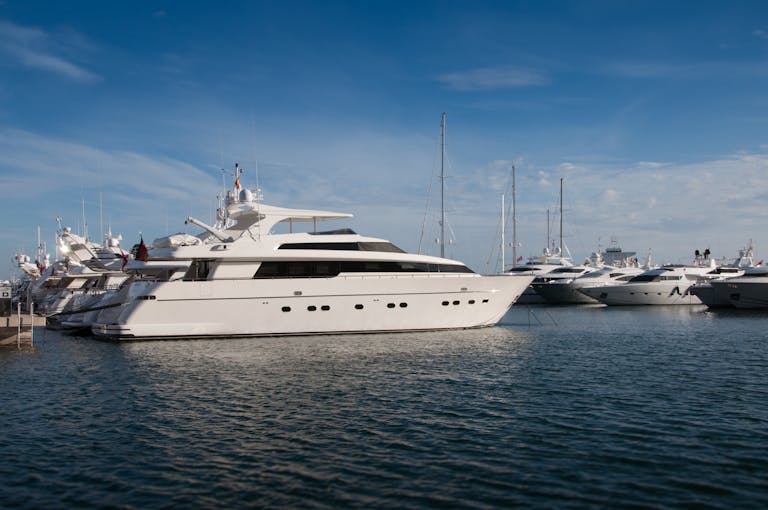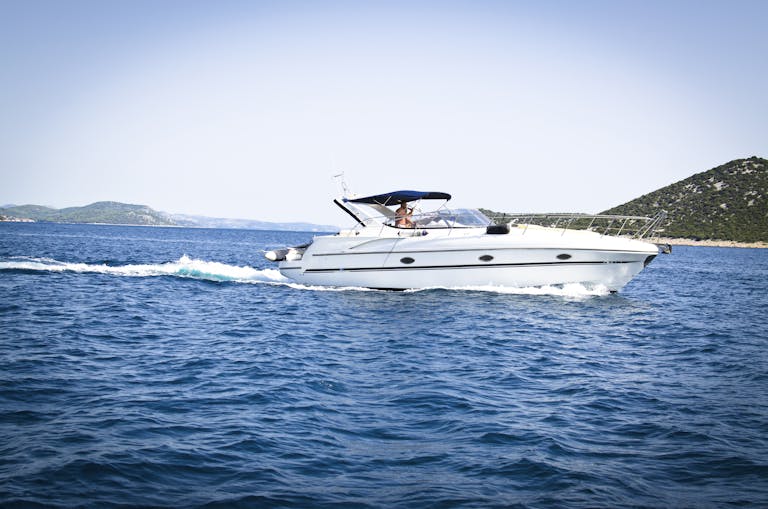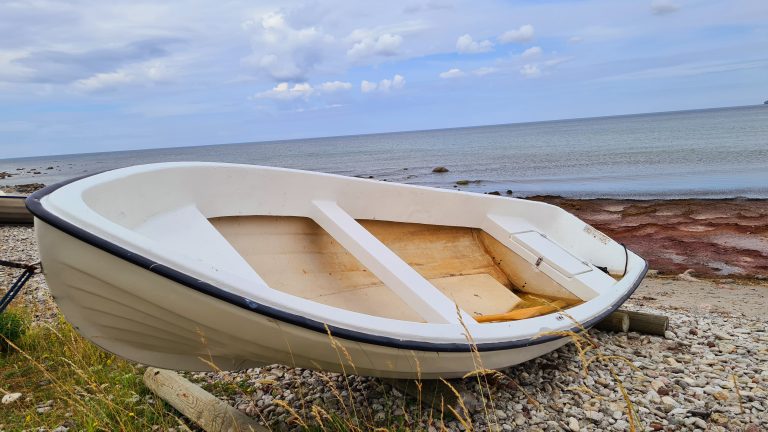Are you navigating the complex waters of boat insurance requirements in the UK? Whether you’re a seasoned sailor or a first-time boat owner, understanding the essential insurance coverage for your vessel is crucial for both legal compliance and peace of mind.
Understanding UK Boat Insurance: The Basics
Unlike car insurance, boat insurance isn’t legally mandatory in most UK waters. However, many harbours, marinas, and inland waterways require comprehensive coverage before allowing vessels to use their facilities. The British Marine Federation strongly recommends obtaining suitable insurance to protect both your investment and other water users.
When Is Boat Insurance Mandatory?
Several scenarios require boat insurance in the UK:
- Thames Navigation: All powered vessels on the River Thames must carry at least third-party insurance
- British Waterways Canals: Boats require minimum third-party coverage of £2 million
- Marina Berthing: Most marinas mandate comprehensive insurance coverage
- Financed Vessels: If your boat is financed, lenders typically require full coverage
Essential Types of Boat Insurance Coverage
Third-Party Coverage
- Covers damage to other vessels and property
- Typically offers £2-3 million in liability protection
- Minimum requirement for most waterways
- Most affordable option, but limited protection
Comprehensive Coverage
- Protects against theft, fire, and accidental damage
- Covers personal accidents and medical expenses
- Includes salvage costs
- Often includes emergency assistance
Additional Coverage Options
- Racing coverage for competitive sailors
- European waters extension
- Personal effects coverage
- Machinery breakdown protection
- Crew liability insurance
Factors Affecting Insurance Premiums
Several key factors influence your boat insurance costs:
- Vessel Type and Value
- Size and age of the boat
- Construction materials
- Current market value
- Propulsion type
- Usage Patterns
- Commercial or recreational use
- Cruising range
- Storage location
- Annual usage hours
- Owner Experience
- Boating qualifications
- Previous claims history
- Years of experience
- Safety certificates
Essential Insurance Requirements by Vessel Type
Narrowboats and Canal Boats
- Minimum £2 million third-party coverage
- Hull insurance recommended
- Specific inland waterways coverage
Sailing Yachts
- Comprehensive coverage advised
- Racing risks extension if applicable
- Navigation limits consideration
Motor Cruisers
- Higher liability limits recommended
- Machinery breakdown coverage important
- Seasonal usage considerations
Small Craft (Dinghies/RIBs)
- Basic third-party coverage
- Trailer coverage options
- Simple theft protection
Tips for Choosing the Right Insurance Policy
- Compare Multiple Quotes
- Research specialist marine insurers
- Consider broker expertise
- Review coverage limitations
- Read Policy Details
- Understand exclusions
- Check claim procedures
- Verify geographical limits
- Consider Additional Protection
- Emergency towing coverage
- Personal effects protection
- Legal expenses coverage
Cost-Saving Strategies
- Install approved security systems
- Complete recognised training courses
- Choose annual over monthly payments
- Maintain clean claims history
- Consider higher excess options
- Join boating associations
The Claims Process
Understanding the claims process is crucial:
- Document all incidents immediately
- Take photographs of any damage
- Contact your insurer promptly
- Obtain independent surveys if required
- Keep all relevant receipts
- Follow insurer’s procedures exactly
Conclusion
While boat insurance isn’t universally mandatory in the UK, it’s an essential investment for responsible vessel owners. The right coverage protects your boat, your finances, and your peace of mind. Take time to understand your specific requirements, compare policies carefully, and ensure you’re adequately protected before setting sail.






